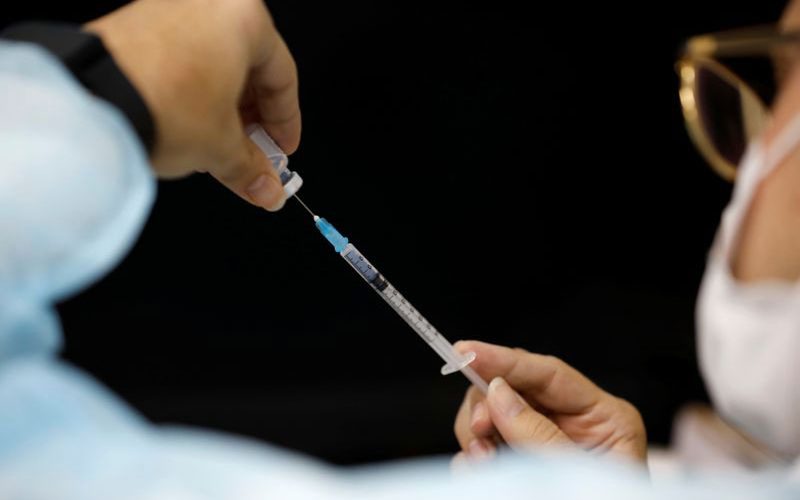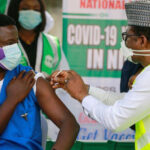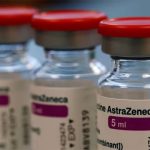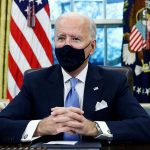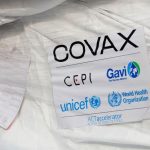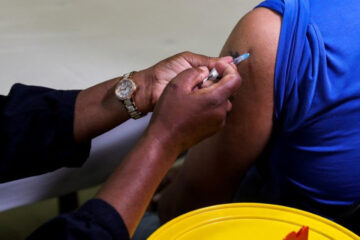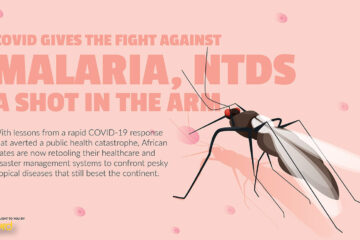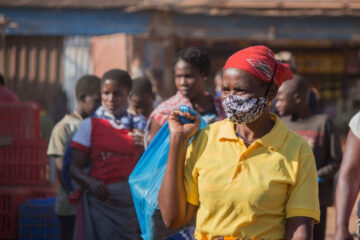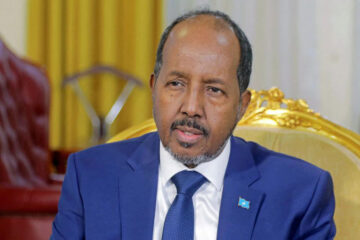ANDRIUS SYTAS
EUROPE has urged pharmaceutical companies to honour their commitments to supply coronavirus vaccines, as delivery cuts and delays dim hopes of a quick fix to COVID-19 and increase talk of protectionism and hoarding.
Countries around the world, anxious to reboot economies and restart travel by the European summer, hailed the rapid development of vaccines as the great escape from the year-long pandemic, which has killed more than 2.1 million people.
But vaccine roll-outs in the European Union have been slow compared with countries in some other regions and fraught with problems, not least interruptions to supply chains.
AstraZeneca, which developed its shot with Oxford University, said last Friday it would cut supplies to the EU in the first quarter of this year, a move that a senior EU official said meant a 60% reduction to 31 million doses for the bloc.
U.S. drugmaker Pfizer said there would be a temporary impact on shipments in late January to early February.
“Europe invested billions to help develop the world’s first COVID-19 vaccines. To create a truly global common good,” European Commission President Ursula von der Leyen said at a virtual meeting of the World Economic Forum.
“And now, the companies must deliver. They must honour their obligations,” the head of the EU executive added.
EU member states could take AstraZeneca to court for breach of supply contracts if it did not honour its schedule, Latvian Foreign Affairs Minister Edgars Rinkevics said.
“The possibility should be evaluated, and it should be coordinated among the EU countries,” the minister told Reuters, via his spokesman.
The European Commission will finalise a proposal by the end of the week to require pharmaceutical firms to register their vaccine exports from the EU, but says it has no plans to impose an export ban.
EU trade commissioner Valdis Dombrovskis said the aim was merely to increase transparency.
AstraZeneca said initial deliveries to the EU would fall short of the targeted volumes because of a production glitch.
“Initial volumes will be lower than originally anticipated due to reduced yields at a manufacturing site within our European supply chain,” a company spokesman said in a written statement last Friday, but declined to provide details.
DELAYS SPREAD BEYOND EUROPE
AstraZeneca has offered to bring forward some deliveries to the EU and the bloc has asked the company if it can divert doses from Britain to make up for the shortfall, European officials told Reuters.
Health minister Matt Hancock said Britain, which has left the EU, would be able to work with the bloc to ensure there is no disruption, and that rejecting vaccine nationalism and protectionism was important.
British Prime Minister Boris Johnson said he did not want EU countries to restrict the supply of vaccines to Britain, saying the lesson of the pandemic is that nations need to work together.
Asked about reports that the EU asked AstraZeneca to divert doses from the UK, Johnson said: “I don’t want to see the restrictions on vaccines or their ingredients, and I am sure it will be widely supported across the EU as well.”
Delays have spread beyond Europe. The White House said U.S. President Joe Biden will provide an update on Tuesday on efforts to bolster the supply of vaccines as demand far exceeds supply.
China’s ambassador to Brazil said the issues holding up vaccine ingredients from China to Brazil were due to technical, rather than political obstacles.
Brazil is waiting for ingredients from China needed to produce two vaccines locally – one from China’s Sinovac Biotech Ltd and another from AstraZeneca.
“I believe that we all know very well that this is a technical issue and not a political one,” Yang Wanming said in Sao Paulo.
South African President Cyril Ramaphosa, speaking at the same forum, urged wealthy countries not to hoard vaccines.
“The rich countries of the world went out and acquired large doses,” he said. “… Some countries even acquired up to four times what their population needs … to the exclusion of other countries.”

